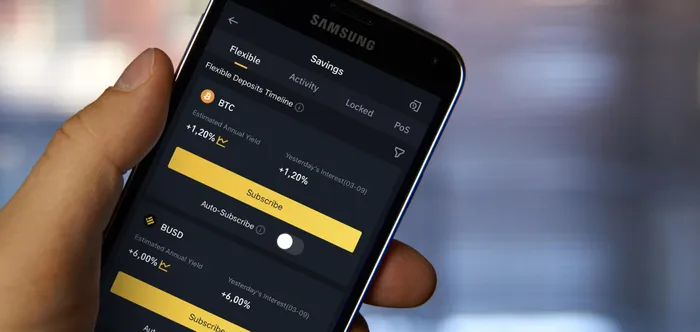
Awareness and proactive security measures are crucial for protection
Image: Supplied
As cryptocurrency continues to gain traction, scams involving fake messages posing as popular crypto platforms are becoming more prevalent in South Africa. These scams typically appear through phishing emails, fake SMS messages, and fraudulent social media accounts. Scammers often impersonate legitimate platforms, claiming there’s an issue with your account and urging you to click on suspicious links or share sensitive information such as passwords or wallet details. Investors must stay vigilant and avoid falling victim to these deceptive tactics.
Here are six tips to help you spot and avoid these impersonation scams:
1. Look for the anti-phishing code
Every official email from platforms like Binance includes a personalised Anti-Phishing Code. If you don’t see the code or if it’s incorrect, the message is likely a scam. Always check the sender’s address and verify the email using Binance Verify, a platform to confirm whether emails, links, or contact details are legitimate.
2. Never share your password or 2FA codes
Binance will never ask for your password or two-factor authentication (2FA) codes. If you receive a message asking for these details, it’s a clear sign of an impersonation scam.
3. Verify any suspicious links or numbers
Whether it’s an email, SMS, or social media message, if you’re asked to click on a link or call a number, be cautious. Always verify the legitimacy of the link using Binance Verify before taking any action. Don’t click on anything that looks unfamiliar.
4. Watch out for fake investment opportunities
Scammers may offer fake investment schemes or exclusive trading signals that promise guaranteed profits. Binance does not offer these types of schemes. Be wary of anyone offering "easy money" or "guaranteed returns."
5. Be cautious of fraudulent airdrops or giveaways
Fake Binance giveaways often circulate on social media platforms like Twitter, Instagram, and Telegram. These scams may ask you to send cryptocurrency in exchange for a "double return." Binance never conducts giveaways that require you to send crypto first.
6. Know what legitimate platforms will never ask for
How to protect yourself:
What to do if you receive a suspicious message:
While scams are becoming increasingly sophisticated, awareness is your best defense. Always verify before you act, stay alert, and make use of Binance’s security features, like the Secure Asset Fund for Users (SAFU), an emergency insurance fund to protect users in rare events.
For more security tips, visit the Binance Blog. Stay safe out there!
The #1 crypto exchange worldwide for a reason. Join Binance today.